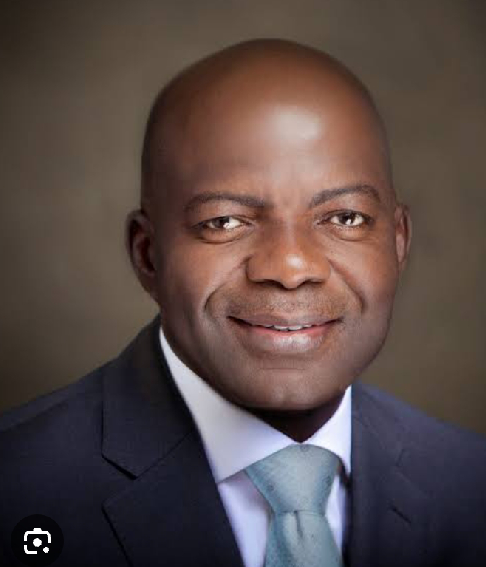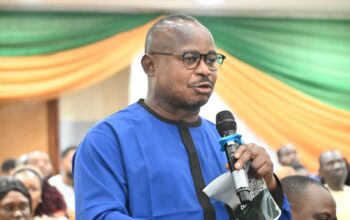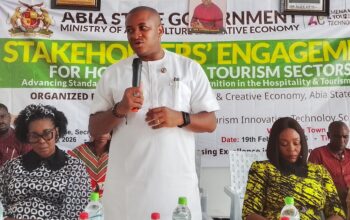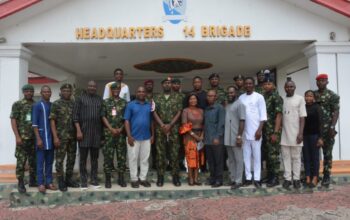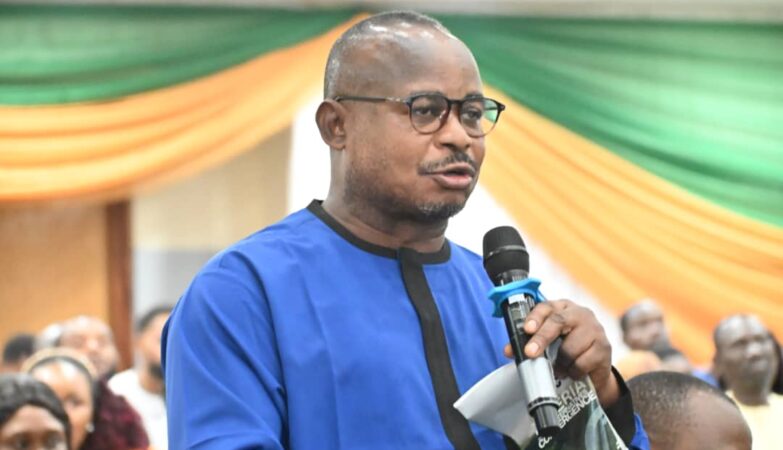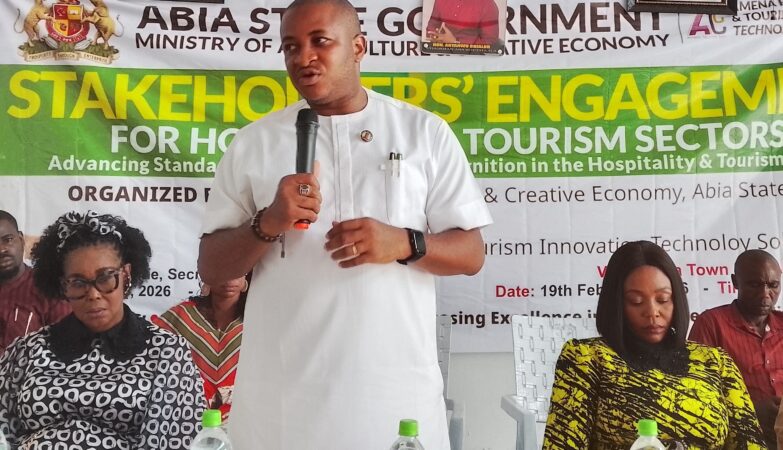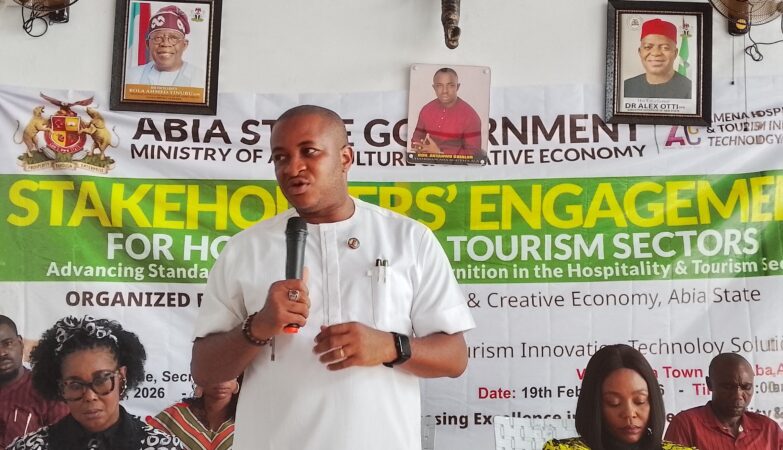By Onyinyechi Obi
Today July 15, As the world commemorates World Youth Skills Day (WYSD) 2025 marking both the 75th anniversary of WorldSkills and the 10th anniversary of this vital global observance there is renewed focus on the transformative power of Technical and Vocational Education and Training (TVET). This year’s theme, “Youth Empowerment through AI and Digital Skills,” reflects a global reality: that young people must be equipped not just to survive in a world shaped by artificial intelligence and automation, but to lead it.
World Youth Skills Day is not just a celebration. It is a moment of reflection and a challenge to act. Across Nigeria, youth unemployment remains a national emergency. Every year, thousands of energetic and capable young people complete their education only to find themselves with no clear path forward. But in Abia State, under the leadership of Governor Alex Otti, a quiet but determined shift is underway. Here, young people are not waiting endlessly for opportunity. They are acquiring real-world skills, launching businesses, entering agriculture, driving innovation, and shaping a new future.
AI and digital tools are redefining the global economy, but without inclusive strategies and committed leadership, this transformation can deepen inequality. In the face of this challenge, Abia has stepped forward not with rhetoric, but with deliberate action that is reshaping the youth development landscape. Governor Otti’s administration has built a structure where young people are not only included but placed at the centre of development. From education to innovation, from entrepreneurship to agriculture, the state has moved beyond policy declarations to practical impact.
In Abia State, youth empowerment has moved from slogans to tangible, visible change. The Otti administration has embraced a clear understanding that building a prosperous society begins with equipping its young people with skills not just to earn a living, but to create, lead, and compete globally. The world is shifting rapidly, and in a knowledge-based economy driven by technology, skills have become the new currency.
At the heart of this transformation is TechRISE, a digital skills training initiative targeting 15,000 Abia youths. In partnership with LearnFactory and the World Bank, participants are trained in coding, backend engineering, artificial intelligence, prompt engineering, and web development. As a demonstration of commitment, the governor granted automatic employment to the 19 best-performing graduates and ensured that every participant retained their training laptops providing not just knowledge, but the tools to act on it. A second phase is already underway, further broadening access across the state.
Understanding that talent needs both development and direction, Governor Otti expanded the digital strategy with the launch of the Export Growth Lab in Aba. This initiative supports small businesses in identifying export markets, meeting global standards, and packaging products competitively. It is a bold move that connects local innovation with international opportunity, offering young entrepreneurs a pathway from community enterprise to global trade.
The administration’s commitment extends well beyond technology. Over 300 Abia youths were sent to CSS Global Integrated Farms in Nasarawa for hands-on training in modern agriculture. On return, they were provided with interest-free loans to establish agribusinesses. It is a practical step toward reducing unemployment, strengthening food security, and showing that farming when approached with innovation is a future-facing career.
Skill, however, is only part of the equation. Without platforms to apply it, talent often goes to waste. In Abia, entrepreneurship is not seen as separate from skill acquisition but as its natural extension. This linkage is evident in the ₦1million business grants awarded to 150 top-performing graduates of Dr. Ogbonnaya Onu Polytechnic Aba, resources to turn their ideas into viable enterprises. It is also reflected in the ₦10 billion agreement signed with the Bank of Industry to fund small businesses and startups across the state. These are not pilot programs, they are scalable models designed to empower a generation to create wealth, not just seek jobs.
He has supported over 2,000 youths through the Fashion Future Programme 70 percent of them young women, and five percent persons with disabilities providing hands-on training in fashion and design. In partnership with the MasterCard Foundation and Ethnocentrique, plans are already underway to empower an additional 3,000 participants, with a target of scaling up to 5,000. These are not handouts. They are investments in people, in ideas, in futures affirming that creativity is not extracurricular, but economic, and that no skill is too niche to be nurtured and scaled.
The administration also recognizes that technical competence must be grounded in strong values. That’s why a mentorship programme has been introduced for 1,000 secondary school students aged 16 to 20, focusing on leadership, discipline, and character development. These traits, though less measurable, are just as critical in preparing young people to navigate and shape the modern world. At the same time, Governor Otti has ensured that empowerment is inclusive. A recent grant of ₦200,000 each was given to 250 persons with disabilities to sustain or launch small businesses investments rooted in dignity, not charity.
Across these efforts, the connection between skill and entrepreneurship is clear and deliberate. One powers innovation; the other turns innovation into sustainable impact. Governor Otti has embraced both ensuring that young people are not only trained, but equipped to build, lead, and contribute meaningfully.
At a time when many are still asking what should be done about youth empowerment, Abia is already doing it. And what is being done here speaks beyond the state: that youth empowerment is not a seasonal campaign or a speech-day concept. It is a continuous commitment to leadership, opportunity, and structured support.
As the world marks this year’s World Youth Skills Day, Abia’s experience stands as a compelling case study. From the coding classrooms of Umuahia to the tailoring shops of Aba, from fertile farmland to startup incubators, a generation is being prepared not just to participate in the future, but to lead it.

